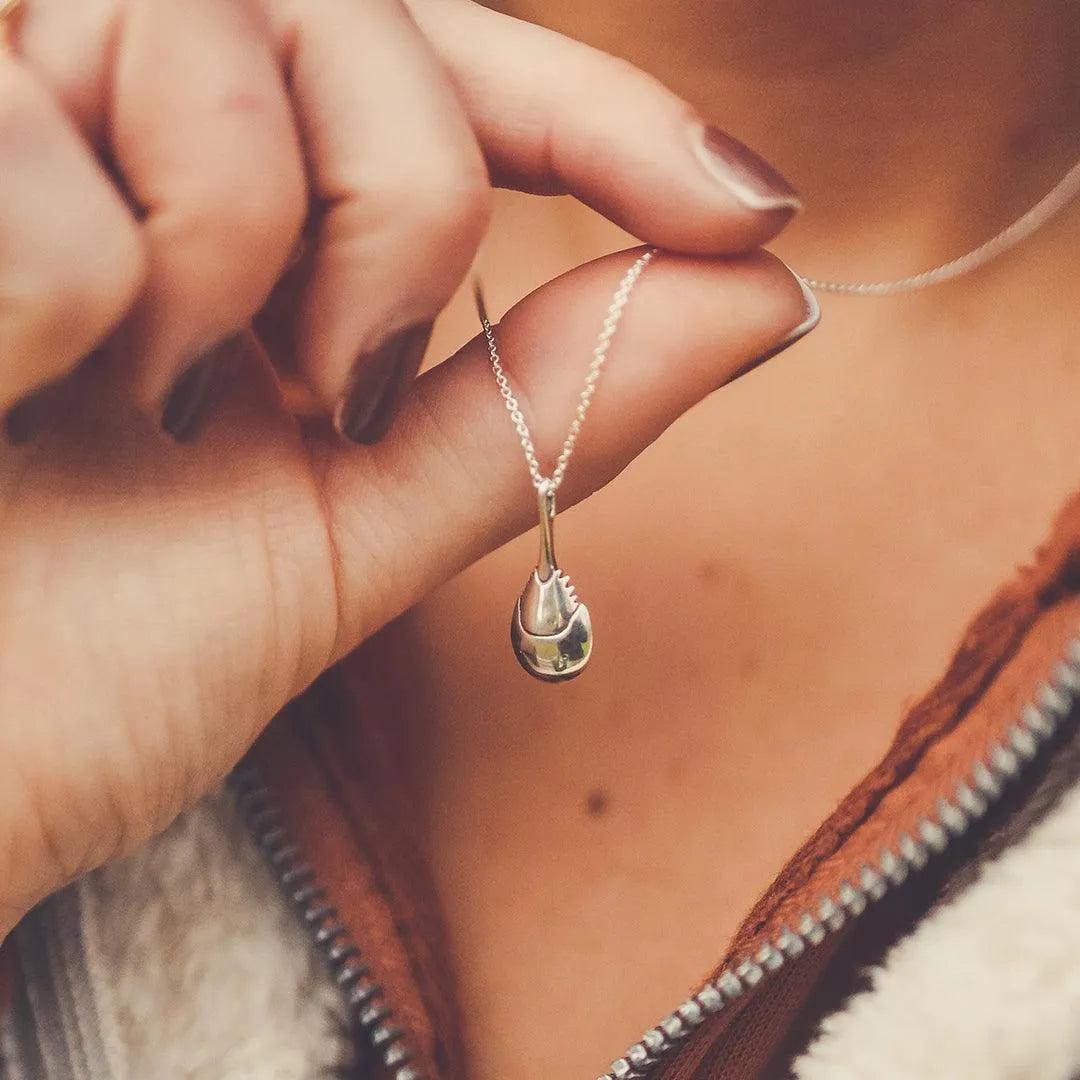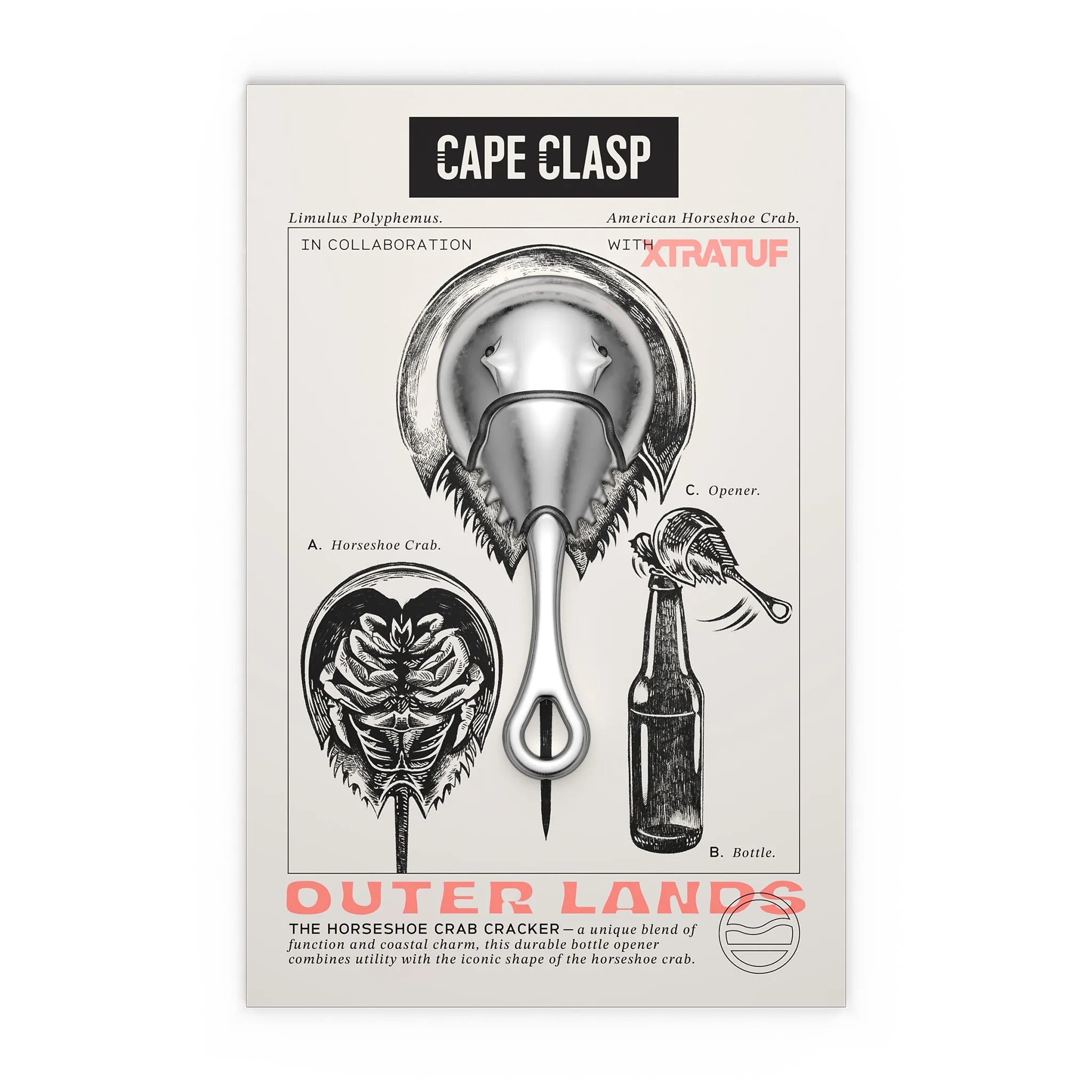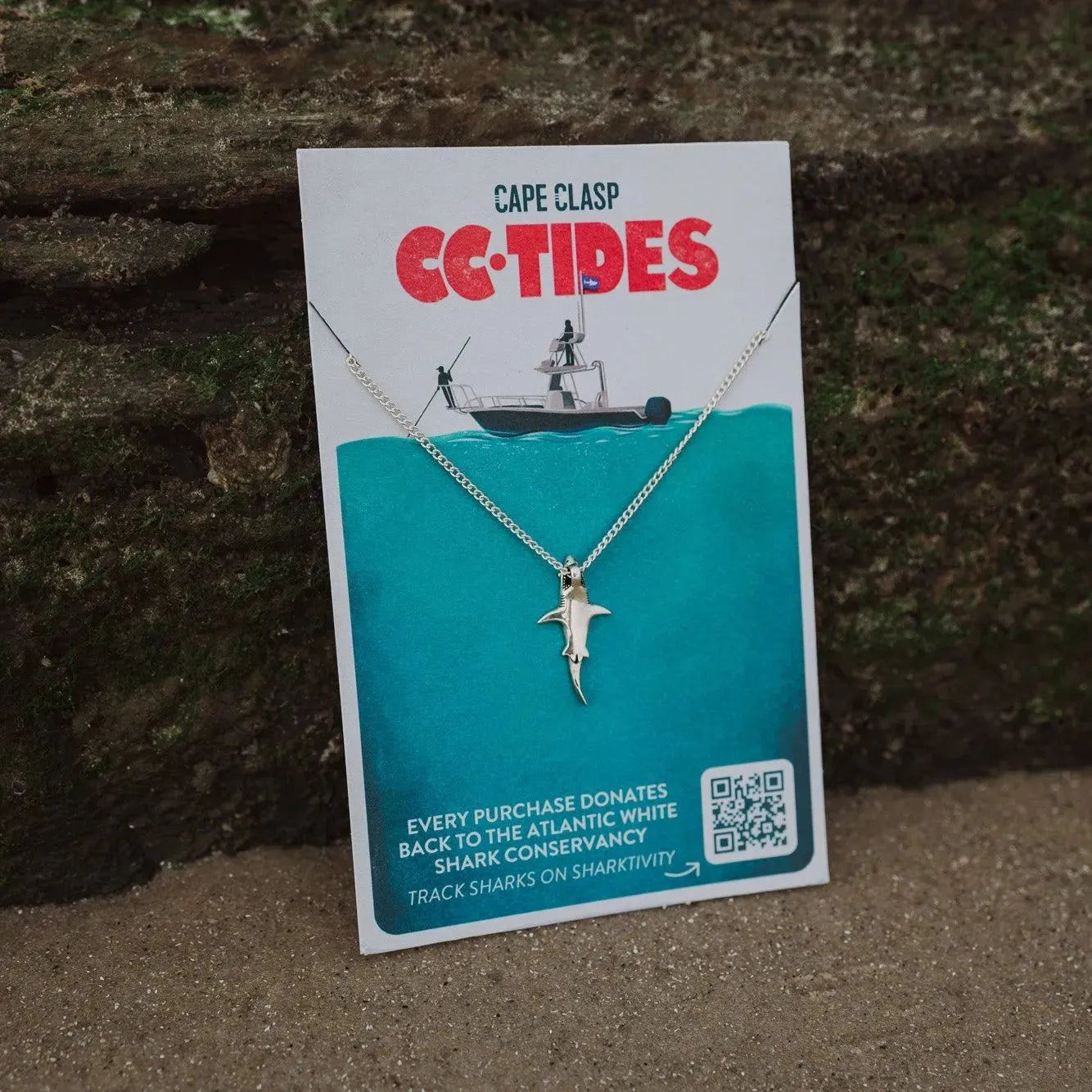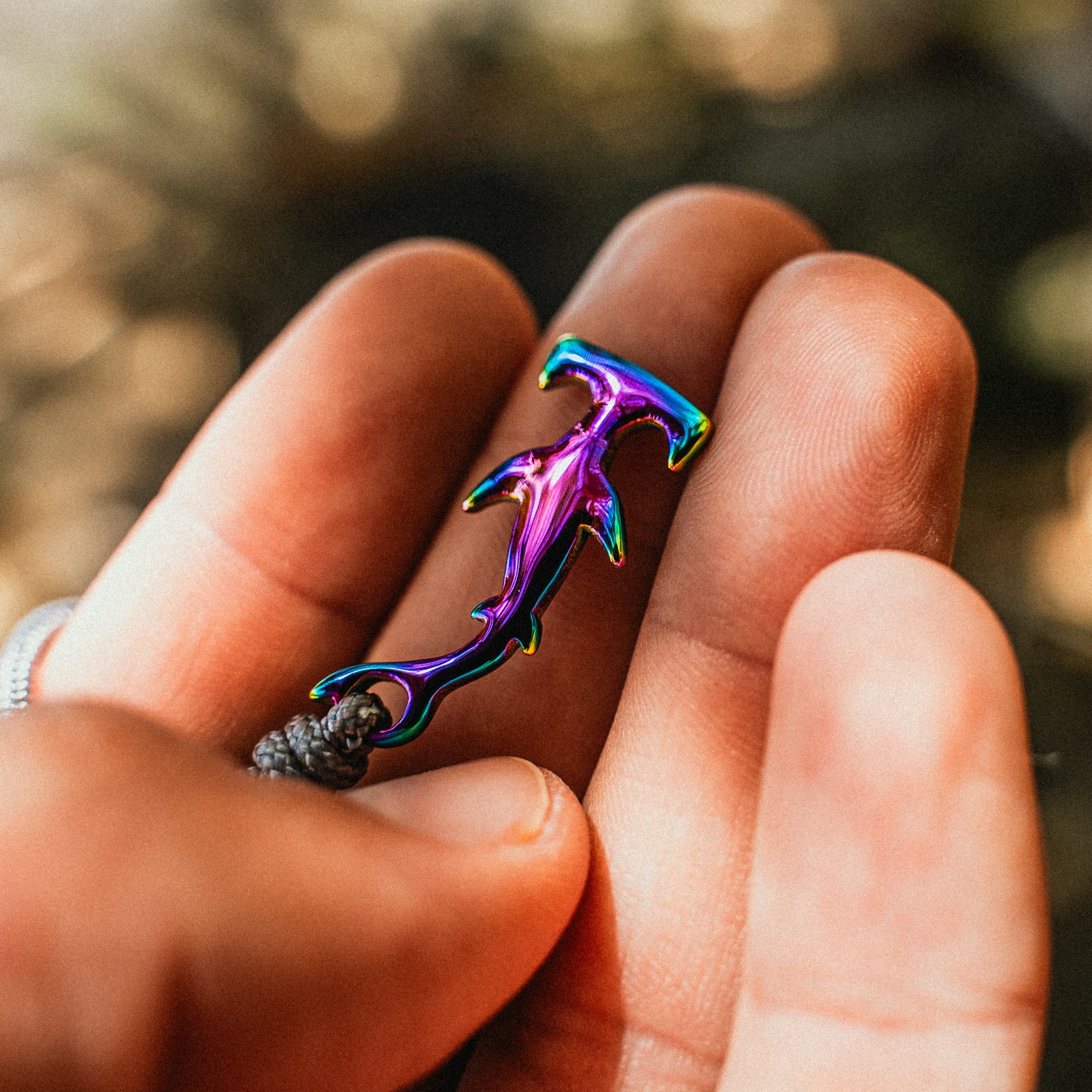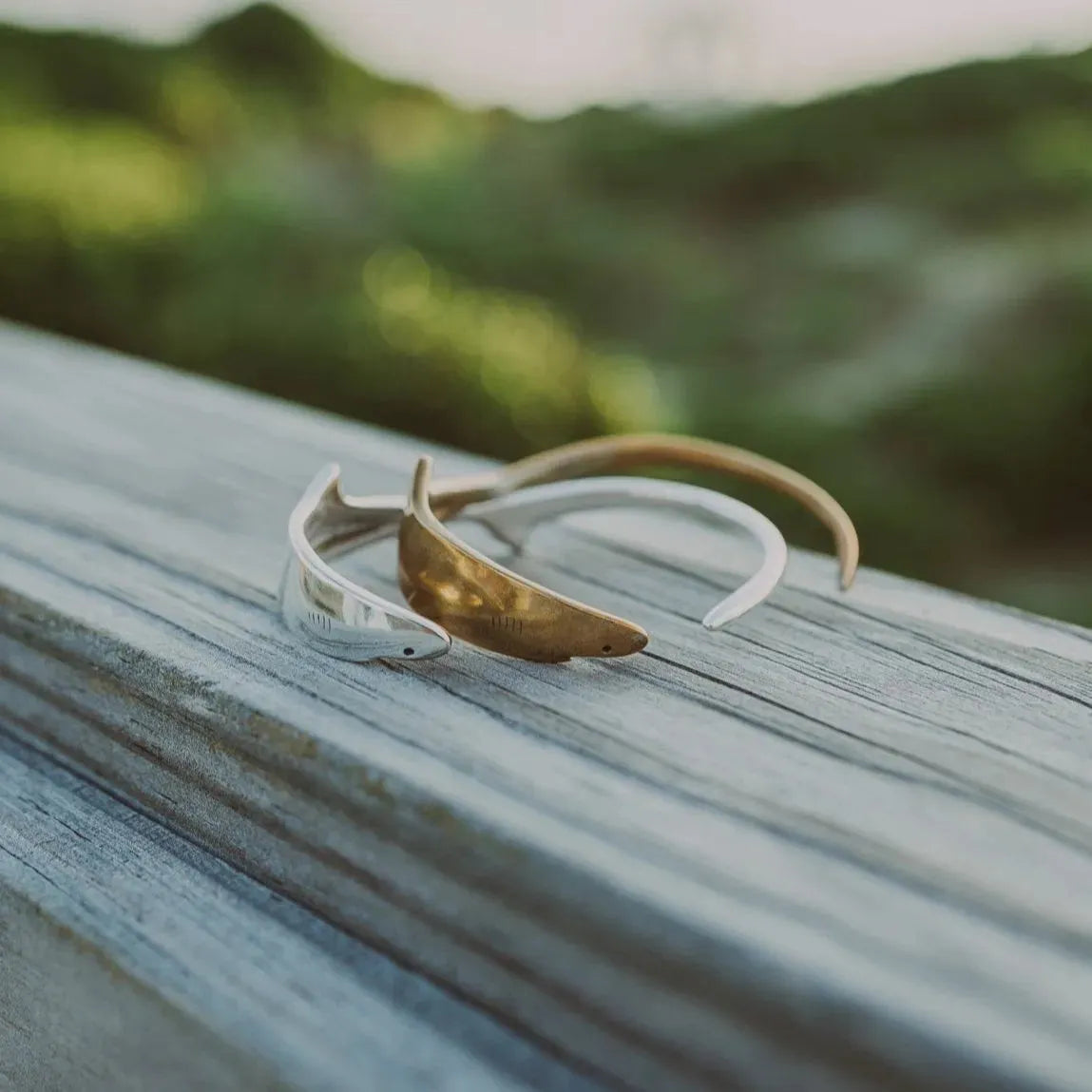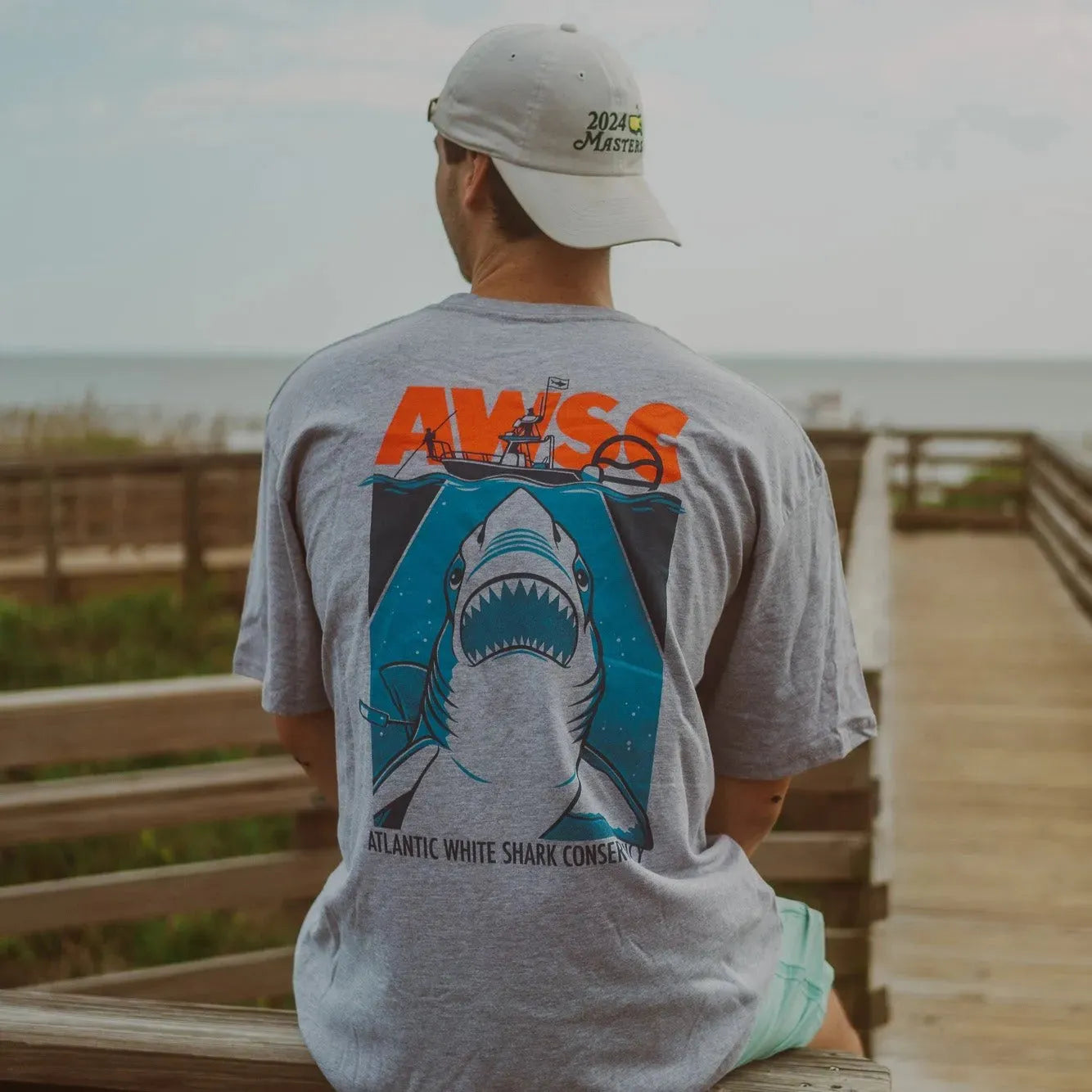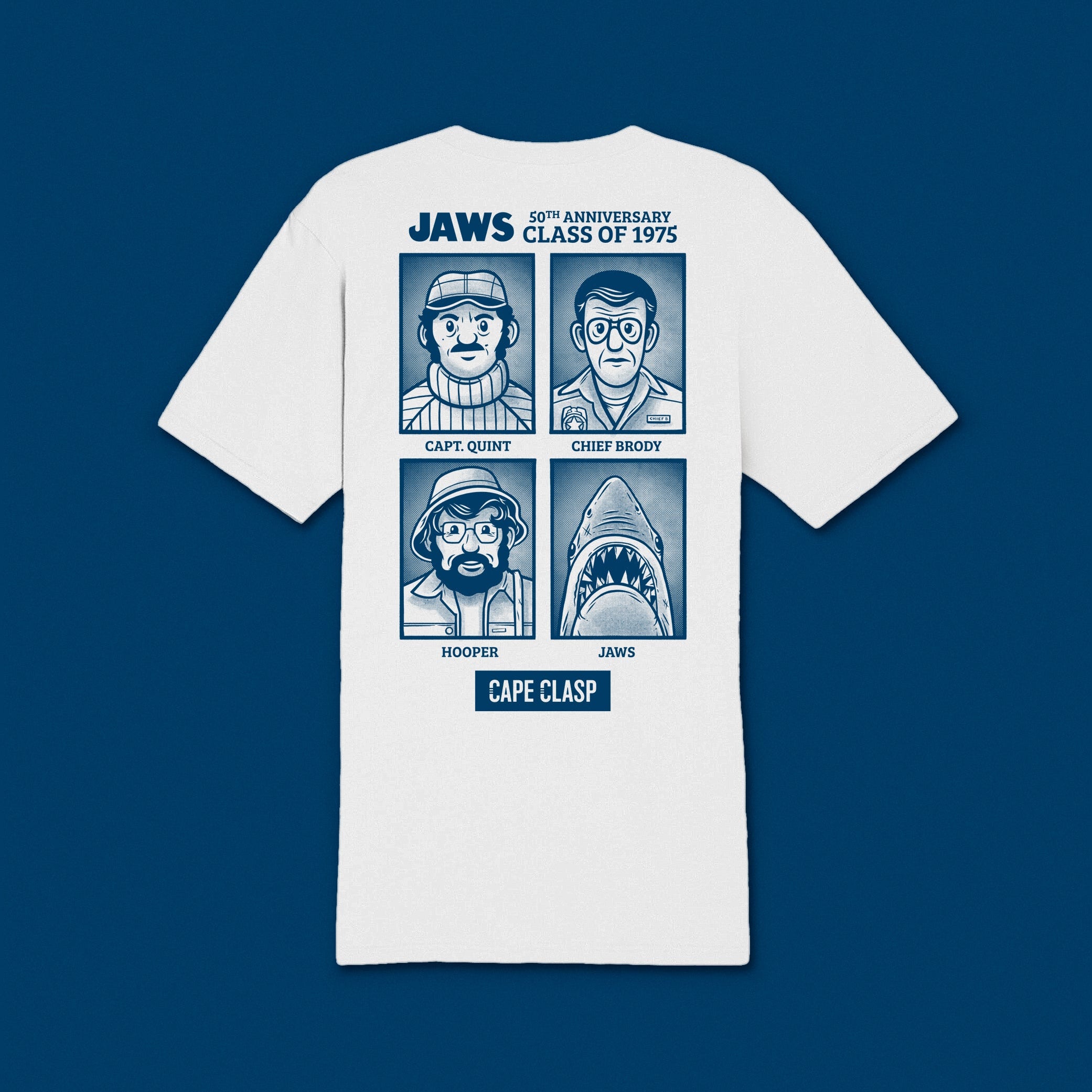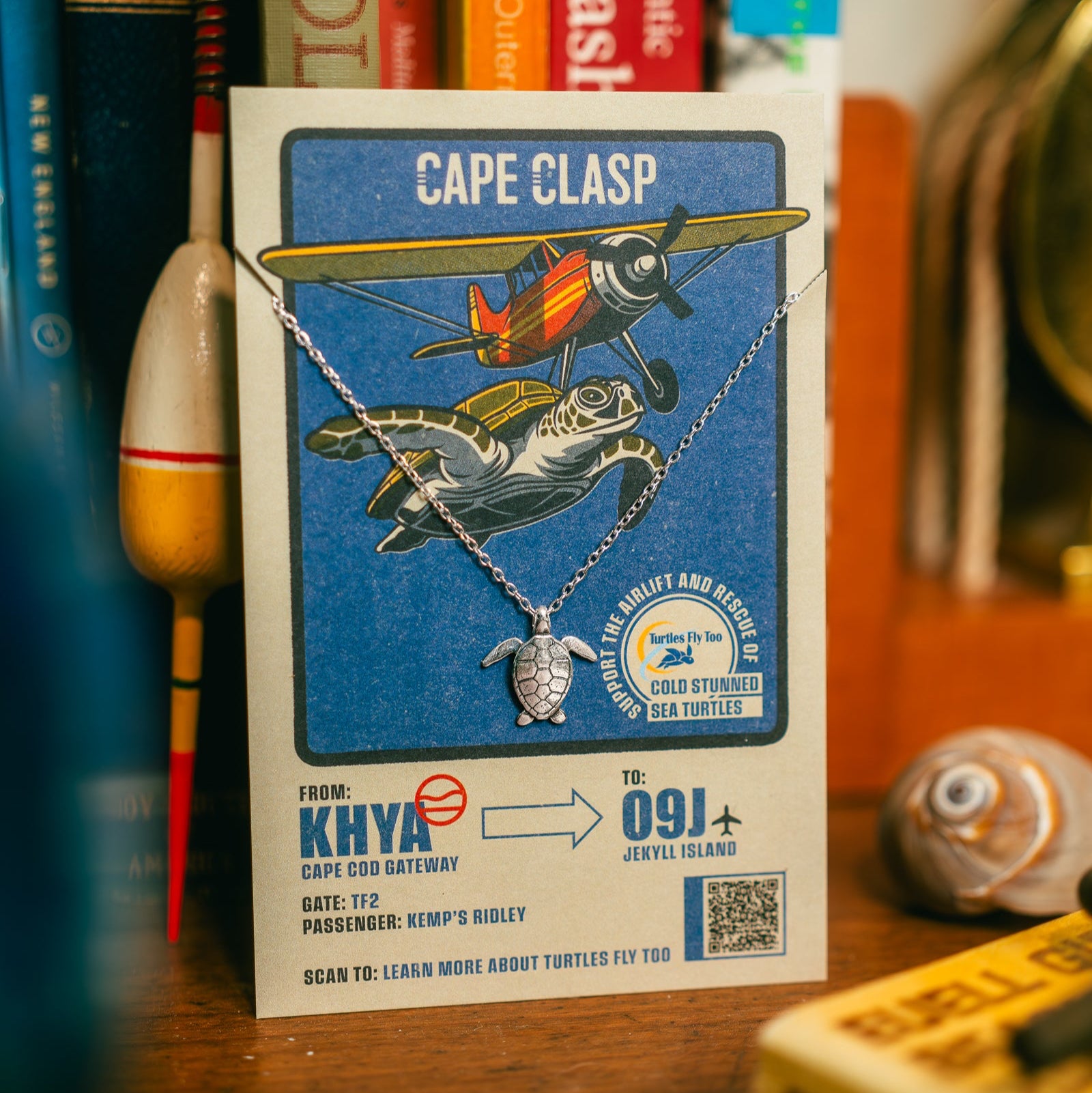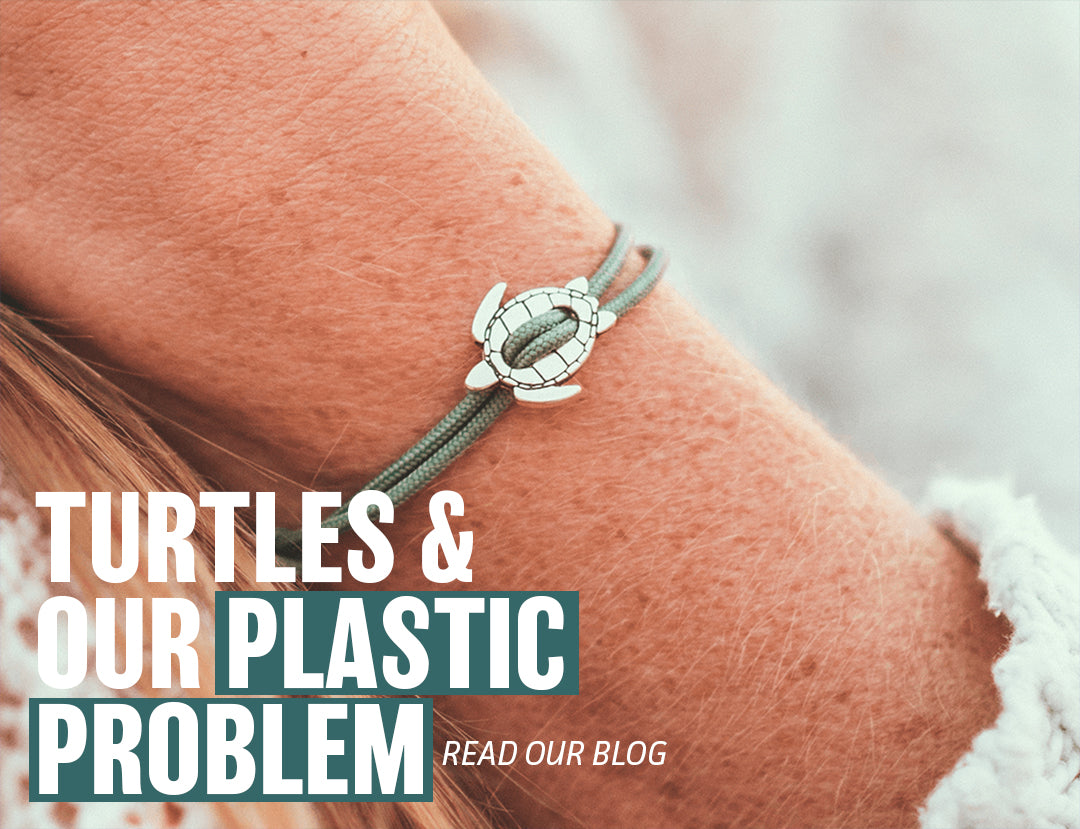
5 Ways Ocean Plastic Affects Sea Turtles
We all know that plastic has a major impact on our planet, especially on our friends in the ocean. To raise awareness, we put together a list of 5 ways ocean plastic can affect sea turtles. Once you’re done reading, share this list to help educate others about the effects of plastic!
They confuse it with food
Plastic in the ocean looks very similar to food typically consumed by turtles. They often mistake plastic bags for jellyfish. Even fishing net mimics the appearance of harmless seaweed. As a result, it is estimated that 52% of the world’s turtles have consumed plastic. Once they eat it, plastic can get stuck in their digestive tract.
Ingesting plastic can be deadly
Plastic can damage the gut of a turtle and even cause blockages in their stomach. Unfortunately, there is not a clear solution in this scenario, and each piece of plastic consumed increases a turtle’s chance of dying. Plastic is also a major choking hazard for our underwater friends.
Their food can contain microplastics
Just like humans who eat seafood, turtles are at risk of ingesting microplastics if they consume an animal that has digested plastic. While microplastics can enter a turtle’s system without causing any blockages, it can still be harmful to their bodies and more specifically, their digestive systems.
They can get caught in it while swimming
Due to the amount of plastic entering our oceans, turtles are frequently finding themselves entangled in debris. Fishing nets and other materials can make it difficult for turtles to continue their path and escape predators. It can even lead to drowning.
It makes it difficult for them to nest
Plastic outside of the ocean can be just as harmful to sea turtles. When plastic debris accumulates at nesting beaches, baby sea turtles are at risk of entanglement after being hatched. Once entangled, it is nearly impossible for these young turtles to reach the sea.
How can we help?
To decrease the amount of plastic entering our oceans, reduce the amount of plastic you are purchasing, clean up debris when you see it, reuse items you already have, and recycle what can’t be reused.
Plastic has a huge impact on our ecosystem and its inhabitants, which is why we launched our line of recycled ocean plastic cuffs, tikós. Our sustainable supply chain uses plastic waste collected from the ocean and coastlines as the raw material in these bracelets.
We recently released season 2 of tikós and even named one of the newest colors after our turtle friends 🐢💚 Each purchase supports our friends in the ocean!

